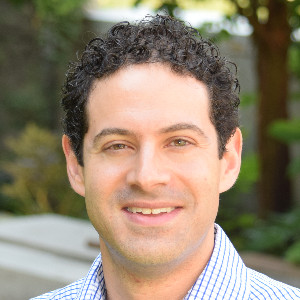I have been focusing on improving the “quality” of my case structure, and now I want to improve the “speed”. Experts on Preplounge suggests taking 2 - 2.5 min structuring a case. However, I find it hard to spend this time frame to come up with a tailored framework. For instance, for a market entry case, even though I can come up with specific ideas, but under 2 min I was not able to come up or write down such ideas.
I was thinking maybe I can gain speed by limiting the issue tree branches or making a more concise note. I'm also thinking of just writing down the keywords, and come up with specific examples or explanation tailored to the case among each issue tree branches at spot when I am talking.
Please provide some thoughts and advice. Thank you so much!
















